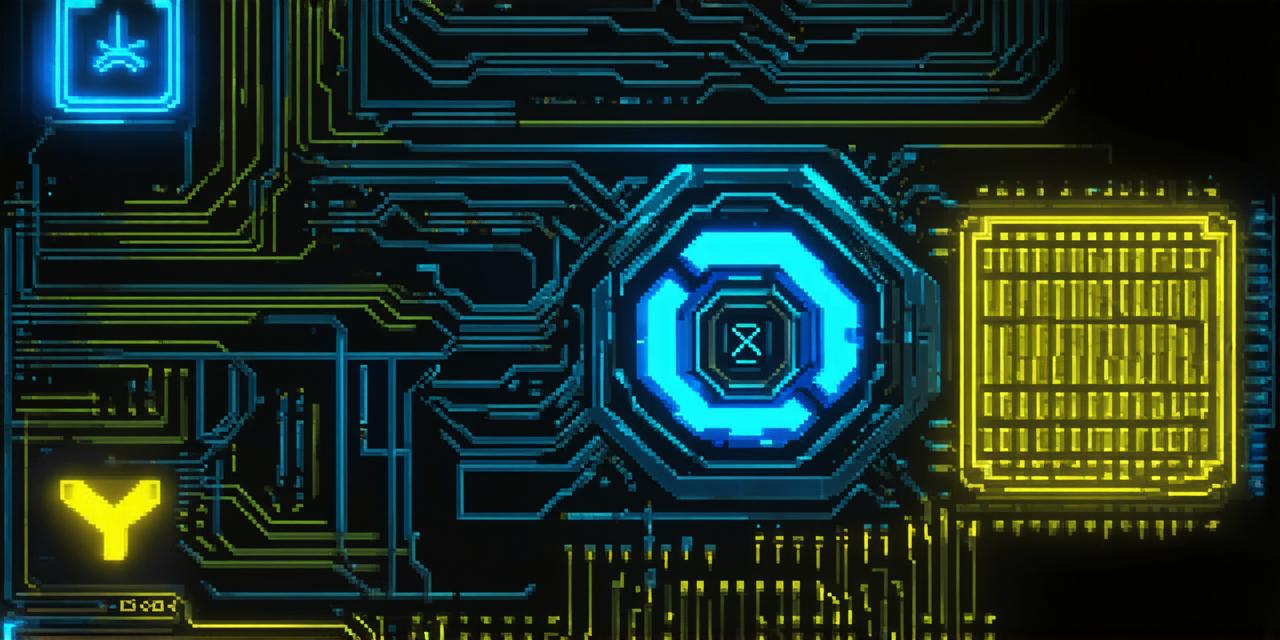As an indie game developer, selecting the right engine for your project can be a daunting task. With so many options available, it can be difficult to determine which one is best suited for your needs.
In this article, we will delve into the world of indie game engines and explore one of the most popular options: Unity. We will discuss its features, benefits, and drawbacks, as well as provide real-life examples of games developed using Unity.
What is Unity?
Unity is a cross-platform game engine that enables developers to create 2D, 3D, and AR/VR games for various platforms, including Windows, macOS, Linux, iOS, Android, and more. It was first released in 2008 by Unity Technologies, and since then, it has grown into one of the most popular game engines in use today.
One of the key features of Unity is its ease of use. Even with no prior programming experience, developers can create basic games using Unity’s drag-and-drop interface. Additionally, Unity supports a wide range of scripting languages, including C and JavaScript, allowing developers to work with the language they are most comfortable with.
Another advantage of Unity is its flexibility. It supports a variety of graphics and animation tools, enabling developers to create stunning visual effects without having to switch to other software. Moreover, Unity’s asset store offers a vast collection of pre-made assets, including characters, environments, and sound effects, that can be easily integrated into any project.

Benefits of using Unity
The benefits of using Unity are numerous. One of the main benefits is its extensive community support. Unity has a large and active community of developers who contribute to its open-source projects and share their knowledge through forums and tutorials. This makes it easier for new developers to get started and for experienced developers to find solutions to complex problems.
Another advantage of Unity is its scalability. Whether you’re creating a simple 2D game or a complex 3D environment, Unity can handle it all. Additionally, Unity’s multi-threading capabilities enable developers to optimize their games for better performance and reduce load times.
Unity also offers excellent tools for collaboration. Developers can work together in real-time using Unity’s built-in version control system and share code and assets with ease. This makes it easier to manage large teams and ensures that everyone is working towards the same goal.
Real-life examples of games developed using Unity
Many popular games have been developed using Unity, including “Among Us,” “PUBG Mobile,” and “Temple Run.” These games showcase Unity’s versatility and demonstrate how it can be used to create engaging and immersive experiences.
“Among Us” is a multiplayer social deduction game in which players are tasked with completing tasks on a spaceship while trying to identify and vote off any impostors among them. The game was developed using Unity’s 2D tools and features a unique blend of strategy and teamwork.
“PUBG Mobile” is a battle royale game that brings the popular PC/console title to mobile devices. The game was developed using Unity’s 3D tools and features stunning graphics and smooth gameplay on even lower-end devices.
“Temple Run” is a popular puzzle-platformer game in which players navigate through increasingly difficult levels, dodging obstacles and collecting power-ups along the way. The game was developed using Unity’s 2D tools and features intuitive controls and addictive gameplay.
Summary
In conclusion, Unity is a powerful and flexible game engine that offers many benefits for indie game developers. Its ease of use, extensive community support, scalability, and collaboration tools make it an excellent choice for any project, whether you’re just starting out or working on a large-scale game. With its vast collection of assets and tools, Unity provides everything you need to create stunning visual effects and bring your ideas to life. So if you’re looking for the perfect engine to bring your game to life, look no further than Unity.
